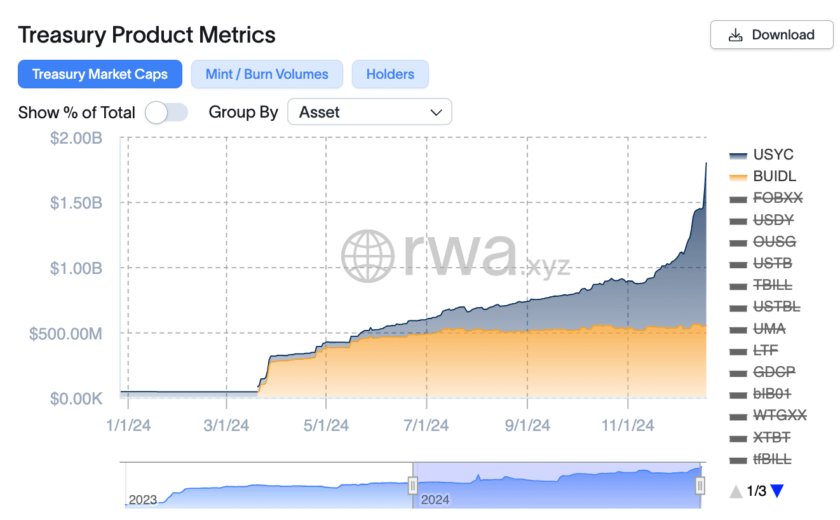DeFi space users have always been affected by a fear of having a “rug pull”. However, insurance may become a cure in this situation.
Despite the broader appeal of cryptocurrencies, there are still certain aspects that need to be addressed. Insurance is a topic that comes to mind on a regular basis in this industry. Given the recent number of “rug pulls” in the DeFi space, such solutions may not be an unnecessary luxury either.
The Cryptocurrency Insurance Concept
Engaging with crypto assets such as Bitcoin and others leads to financial freedom, but also comes with plenty of responsibilities. Holding the coins in a wallet the end user controls is crucial. However, losing money – either through one’s own fault – or by the hand of a third party often has no recourse. Lots of stolen funds is lost forever, with little to no change of ever getting it back. It is a frustrating aspect for many people, especially if it is not their own fault.
For this specific reason, there is now a cryptocurrency insurance market. While it is a small industry, the concept certainly rings true for many. Cryptocurrencies are a “wild west” industry, and insurance solutions can bring more legitimacy. Convincing insurers this is an option worth exploring has proven to be difficult. While there is tangible demand for cryptocurrency insurance, there are very few providers at this time. Those who do provide the service often charge high annual premiums, which is far from ideal.
Looking at the numbers, American Express claims there are just a few billions of dollars in insurance coverage. It may not seem like much, but the situation is improving slightly. Crypto.com recently secured a $360 million insurance cover for its offline Bitcoin vaults.
Most of the established providers are not willing to tackle the cryptocurrency markets yet. An unfortunate turn of events, especially given the growing number of “rug pulls” affecting the industry. Especially where DeFi is concerned, having some insurance would be valuable.
The SushiSwap “Rug Pull”
One doesn’t have to look far to find a “rug pull” in DeFi. Just last weekend, the SushiSwap project went through a rollercoaster of its own. Chef Nomi, the anonymous creator of this Uniswap fork, decided to cash out his “developer share” of the SUSHI token supply and convert everything to Ethereum. This was allegedly done because the developer feels “he deserves it” after a week of hard work. For those who invested in SUSHI when the token recently hit $11 and more, it is a clear knife in the back. For Chef Nomi, it results in a pay day of over 17,000 Ether, or nearly $5.3 million.
Following this move, the SUSHI token price collapsed to just above $1. The project was then handed over to the CEO of FTX.com, who will now move SushiSwap forward. All of the planned milestones for the projects will be honored, but many people have lost faith in this venture altogether. Such a ‘rug pull” by the developer was unexpected, albeit it may have been a matter of time. Not all DeFi projects have public identities attached to them, yet people will keep investing in them regardless.
Another recent example comes in the form of the TRUAMPLE token. While some investors thought this was the real token of Ampleforth – it goes by AMPL – it quickly became apparent they had fallen victim to a scam. The culprit(s) made off with 1.800 Ether in three hours.
Having some sort of “funds insurance’ when these “rug pulls” occur would certainly be beneficial to many cryptocurrency enthusiasts.
Introducing the Liquidity Dividends Protocol
Obtaining insurance in the DeFi space will not be easy, but it is not impossible either. The Liquidity Dividends Protocol, or LID, is designed specifically for Uniswap users. Customers will be able to deposit liquidity into Uniswap – and obtain insurance – while benefiting from a social rewards-based staking system. It offers a necessary trait and rewards for obtaining extra protection. An interesting overall approach to tackling one of the biggest problems holding back DeFi right now.
To put this into perspective, transactions regarding Uniswap liquidity can not be pulled out on a whim. Instead, there will be a presale timer to lock the liquidity in place. Once the timer expires, the LID smart contract mints liquidity pool tokens and burns them. No longer will scammers be able to freely “dump” liquidity into Uniswap and then pull it out all of a sudden. A smart approach to getting rid of the many “rug pulls” affecting the industry today.
Leveraging this protocol ensures there will be no more Uniswap “rug pulls” without consequences. Introducing non-custodial presale smart contracts capable of locking liquidity is a big step in the right direction. This is achieved through in-house developed technologies. Giving customers the option to securely deposit liquidity into Uniswap is crucial. To put an end to exit scams, solutions like these will be needed. Especially now that this project has an average of over $1.4 billion in total value locked at all times.
The main appeal of LID is how it provides an extra layer of security for its users. Additionally, it is a community-driven project, as stakers of the native token are incentivized to perform useful actions. Different options to explore include voting participation, a referral program, and being part of the DAO. All of these aspects are provided along with the overall security layer when handling Uniswap liquidity.
Conclusion
To ensure broad adoption of the Liquidity Dividends Protocol, the team will license its solution to ERC-20 project owners. Any company with honest intentions in the DeFi space will want to take notice of what this new project brings to the table. It is a way to protect investors, but will also bring more legitimacy to the project’s team itself. Signing up for this solution confirms there are only honest intentions, and differentiate real projects from ‘rug pulls” altogether.
Active participants in DeFi tokens will agree there is a genuine fear of having the rug pulled out from under them. It has affected many people in the past, and unless action is taken, it will continue to occur as more time progresses. Finding viable solutions is crucial, and LID shows there is an option to explore. Projects like these will spark competition in the DeFi insurance space, resulting in more protective measures for investors over time.
Andrey Sergeenkov is an IEO Adviser, digital entrepreneur with more than 10 years of experience, Hackernoon and BitTorrent investor. Assisted in raising more than 40 mln USD investments for more than 20 start-ups. He believes that actual usefulness is the best PR for any project.




